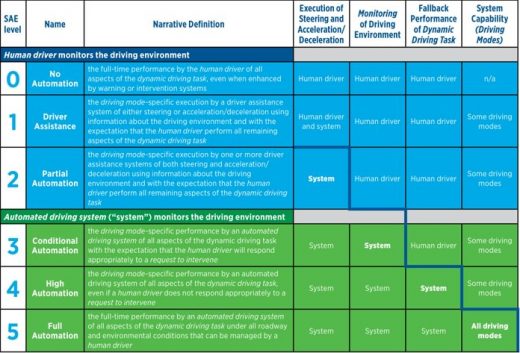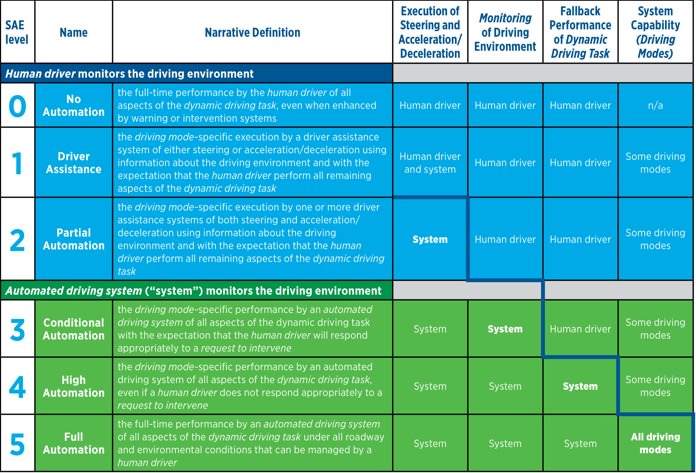Will Delphi and their self-driving supergroup create autonomous hits?
Will Delphi and their self-driving supergroup create autonomous hits?

In July 2016, the BMW Group, Intel, and Mobileye announced that they would join forces to deliver a highly and fully automated driving system for serial production by 2021. The companies have since developed a scalable architecture that can be adopted by other carmakers and mobility providers in pursuing state-of-the-art designs and to create brand differentiation.
See also: Study shows just a few driverless cars ease traffic
The group this week announced that Delphi will become a systems integrator and development partner for their joint automated vehicle effort in an announcement this week.
Delphi will leverage its expertise in automated driving and system integration to assist the cooperation in the development and initial deployment of their automated driving technology. According to Intel CEO Brian Krzanich:
“ In less than one year the joint teams have made substantial progress to deliver a scalable platform for autonomous driving and are on path to deliver 40 pilot cars in the second half of this year. Adding Delphi as an integration partner will help to accelerate the introduction of autonomous cars on the streets from multiple carmakers and offer differentiation to customers.”
A collaborative, industry-wide approach to success

Image: SAE International Automated Driving Standards | SAE International
According to Richard Rau, a BMW director of product development, the group is collaborating to develop Level 4 and 5 self-driving technology that can be used across the industry for not only BMW but also other OEMs. He believes that a small number of platforms will represent the market in the long term explaining “That’s why we believe it’s so important to not just build an exclusive BMW solution, but really to open this approach to as many OEMs as care to join. More carmaker partners are actively discussing joining the group in the next several weeks”.
““This is not just a platform for BMW,” said Delphi’s Chief Technology Officer Glenn De Vos. “It’s a platform for the market. We recognize how complex these systems are, and when you’re talking about automated driving where the vehicle is in control, you have to have the most robust, best technology at every link in the chain of that platform. You’re going to see a number of companies that are trying to do everything on their own or in a very closed system are going to really struggle.”
Vos further explained that Delphi brings the work they have been undertaking on a separate self-driving platform with Intel and Mobileye NV. Delphi may also provide radar and other sensors to the BMW self-driving platform, which is targeted for production in 2021.
Volvo and Google also working together
This week also saw the announcement of a partnership between Volvo Cars and Google to develop the next generation of its award-winning in-car infotainment and connectivity solution based on Android, offering access to a wide array of apps and services. The large catalog of popular Android apps – developed by Google, Volvo, or third-party app developers – will offer connected and predictive services in and around the car.It will launch on new Volvo models within two years.
With car makers talking of goals of 2020 and 2021 for different components of autonomous vehicles, it stands to reason that the only way they can come anywhere near these timelines is by collaborating across the industry vehicles. As De Vos noted this week:
“We recognize how complex these systems are, and when you’re talking about automated driving where the vehicle is in control, you have to have the most robust, best technology at every link in the chain of that platform. You’re going to see a number of companies that are trying to do everything on their own or in a very closed system are going to really struggle.”
The post Will Delphi and their self-driving supergroup create autonomous hits? appeared first on ReadWrite.
(22)













